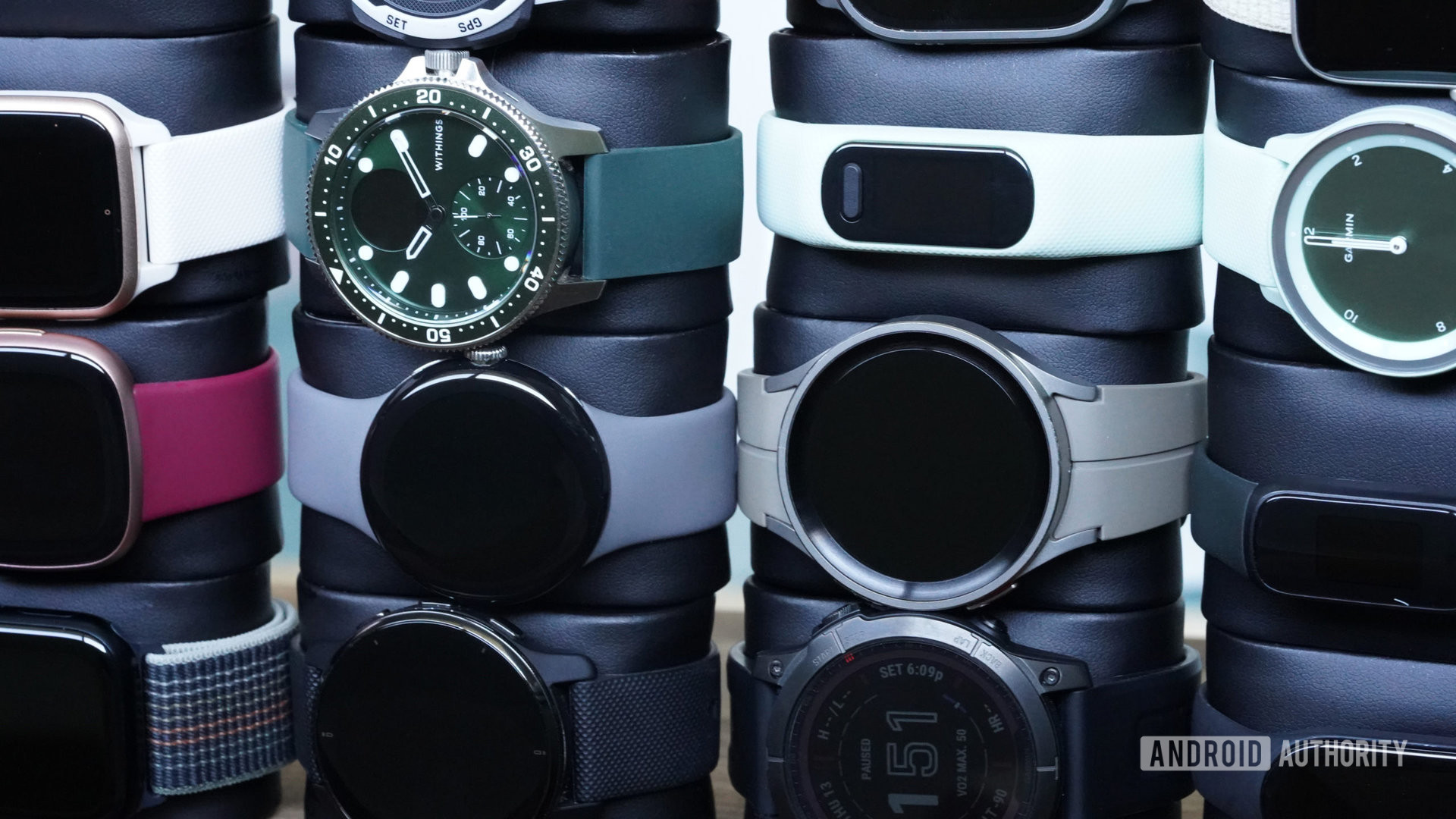Study shows your smartwatch and fitness trackers are lying to you
Not all your tracked metrics are as accurate as you may think.


- A recent study reminds wearables users that health and fitness tracking is not yet an exact science.
- Though many stats like heart rate and VO2 max can be measured within a reasonable margin of error, others, like sleep tracking, are less accurate.
- The review reminds us of the limits of wearable tech and the importance of investing in quality products to reduce margins of error.
Smartwatches and fitness trackers adorn more wrists than ever before, and the majority of users are as interested in their health and fitness stats as their smart tools. Here at Android Authority, we consistently give equal weight to a device’s capabilities and accuracy when reviewing a new watch or band. However, it’s important to remember that wearables are intended to guide users, not provide pinpoint accuracy or medical-level feedback. A recently published umbrella review underscores the limitations of health and fitness tracking stats and reminds users to consider their stats with a grain of salt.
Starting with the positives, the review found that most wearable devices can measure your heart rate within 3% accuracy and can record equally reliable heart rate variability as well as potential signs of arrhythmia. Wearables can also provide solid estimates related to cardiorespiratory fitness, typically referred to as VO2 max on your device. These metrics are central to a broad range of health and fitness monitoring, and heart rate sensor accuracy is often a focus of new launches.












